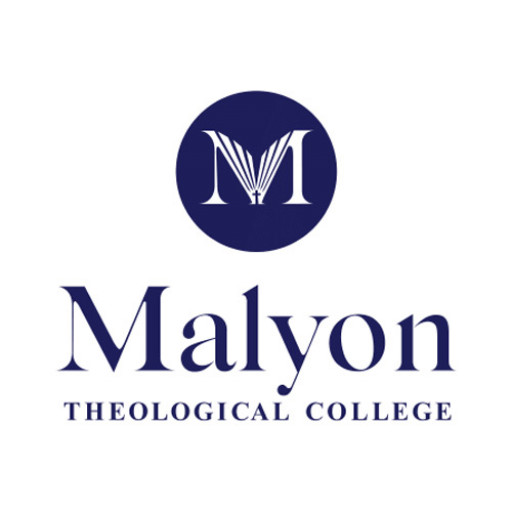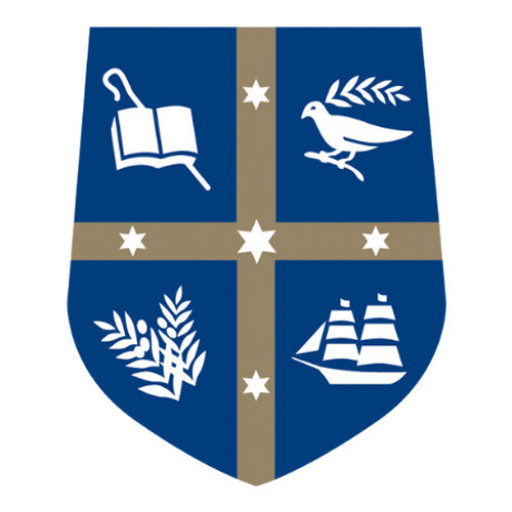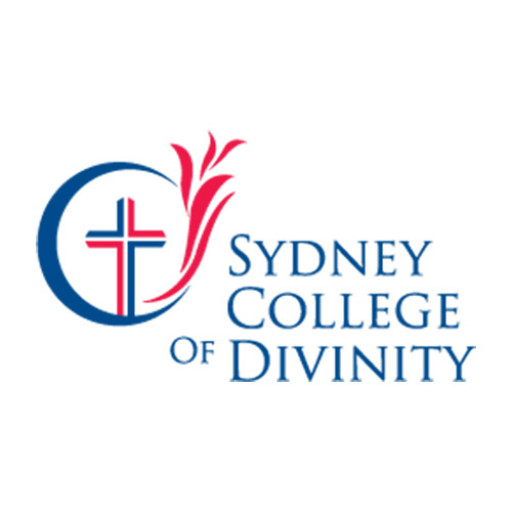Photos of university / #dukeuniversity
The Master of Divinity (M.Div.) program at Duke University is a comprehensive and rigorous theological education designed to prepare students for effective ministry, academic leadership, and service within diverse religious communities. Rooted in a rich tradition of academic excellence and spiritual formation, the M.Div. program combines scholarly inquiry, practical ministry training, and personal spiritual development to equip students with the necessary skills to navigate the complexities of contemporary faith contexts. Students engage with foundational texts of Christianity, explore the historical development of religious ideas, and critically analyze contemporary issues facing religious communities today. The curriculum offers a broad range of courses in biblical studies, theology, church history, pastoral practices, ethics, and interfaith dialogue, providing a well-rounded education that fosters critical thinking, compassionate leadership, and cultural sensitivity.
Duke’s program emphasizes experiential learning through internships, community engagement, and supervised ministry placements, allowing students to apply theoretical knowledge in real-world settings. The diverse faculty, representing various scholarly disciplines and faith traditions, support students in their spiritual and professional growth. The M.Div. degree also offers opportunities for interdisciplinary studies, integrating perspectives from social sciences, public policy, and the arts to prepare students for leadership roles in churches, nonprofit organizations, academic institutions, and religious agencies.
Committed to fostering an inclusive and reflective learning environment, Duke’s Divinity School encourages students to explore their vocations, deepen their faith commitments, and develop ethical leadership skills. The program typically requires three years of full-time study, culminating in a comprehensive integration of academic learning and practical ministry. Upon graduation, students are qualified to serve as ministers, chaplains, religious educators, or pursue doctoral studies. With a strong network of alumni and church partnerships, the Duke Divinity School supports graduates in their ongoing professional and spiritual journey, making it an ideal choice for those called to serve in diverse religious contexts worldwide.
The Master of Divinity (MDiv) program at Duke University is designed to prepare students for effective ministry, leadership, and scholarly work within faith communities and the wider society. This comprehensive program combines rigorous academic coursework with practical training, enabling students to develop a deep understanding of theology, Scripture, and religious history, alongside skills in pastoral care, preaching, and community engagement. The curriculum includes core courses in biblical studies, systematic theology, ethics, and church history, providing a solid foundation in Christian doctrine and practice. Students have the opportunity to specialize in areas such as pastoral ministry, evangelism, counseling, social justice, or religious education, tailoring their educational experience to align with their vocational goals. The program emphasizes experiential learning through internships, field education, and community service, encouraging students to integrate academic knowledge with real-world ministry challenges. Faculty members at Duke Divinity School are renowned experts in their fields, offering mentorship and fostering a vibrant academic community committed to theological reflection and social justice. In addition to academic excellence, the program focuses on spiritual formation, ethical leadership, and intercultural competence, preparing graduates to serve diverse congregations and organizations. The MDiv at Duke also provides pathways for further scholarly research or preparation for ordination, making it a versatile and thorough program for those called to religious leadership in various contexts. With its rich interdisciplinary approach and strong emphasis on social engagement, the program aims to shape compassionate, knowledgeable, and morally grounded leaders for the 21st century.
Theological Studies program at Duke University requires students to complete a curriculum that provides a comprehensive exploration of religious traditions, biblical texts, theology, ethics, and religious history. Students typically engage in both coursework and research projects designed to deepen their understanding of religious beliefs and practices across different cultures and historical contexts. The program emphasizes critical thinking, analytical skills, and scholarly inquiry, encouraging students to examine religious phenomena from interdisciplinary perspectives.
Candidates are expected to complete core courses in biblical studies, systematic theology, and ethics, alongside specialized electives that allow for exploration of particular religious traditions, contemporary issues, or research methodologies. A comprehensive understanding of ancient languages, such as Greek and Hebrew, is often recommended to facilitate original biblical interpretation. The program also promotes engagement with community outreach and interfaith dialogue, fostering practical applications of theological insights.
Research requirements may include a thesis or major project, demonstrating the student's ability to conduct independent investigation and contribute original insights to the field. Graduate students are usually required to attend seminars, workshops, and conferences, and participate in departmental colloquia that facilitate scholarly discussion. Successful completion of the program culminates in a Master’s degree (such as Master of Theology) or Doctoral degree depending on the track pursued. The program aims to prepare students for careers in academia, ministry, religious education, or related fields, emphasizing rigorous academic training combined with spiritual and ethical development.
Theological Studies at Duke University offers a range of financing options to support students throughout their academic journey. Prospective and current students can take advantage of various funding opportunities, including scholarships, fellowships, and assistantships. Scholarships are awarded based on academic merit, leadership qualities, and potential contributions to the field. These awards do not require repayment and are designed to lessen the financial burden of graduate education. Fellowships are often provided by the university or external organizations and may include stipend support, tuition coverage, and health insurance benefits. Graduate assistantships are available for qualified students and typically involve working in research, teaching, or administrative roles within the university. These positions offer a stipend and may include tuition remission, making them a valuable resource for students seeking financial support.
Duke University also provides dedicated funding for students pursuing the Doctor of Philosophy (PhD) in Theological Studies, with specific fellowships aimed at supporting doctoral research and academic development. Additionally, students are encouraged to seek external funding sources such as religious organizations, foundations, and government grants. The university’s Office of Financial Aid offers personalized assistance to help students identify suitable financial aid packages and navigate application processes.
Furthermore, students in Theological Studies programs have access to tuition payment plans that allow for manageable monthly installments, easing the financial strain. Some funding opportunities may also be tied to specific areas of research or project work, providing targeted support aligned with students' academic interests. It is important for students to regularly check the university’s official website and contact the financial aid office for the most current information on available funding and application deadlines. Overall, Duke University is committed to making theological education accessible by providing a comprehensive suite of financial support options tailored to meet the diverse needs of its students, promoting academic excellence and scholarly engagement in the field of theological studies.
Theological Studies at Duke University offers a comprehensive academic program designed to explore the core questions of faith, religion, and their roles in society. The program aims to provide students with a deep understanding of the historical development of religious traditions, philosophical questions related to faith, and contemporary issues faced by religious communities. Students have the opportunity to engage with a diverse faculty renowned for their expertise in various fields such as biblical studies, church history, ethics, and systematic theology. The curriculum emphasizes both academic rigor and spiritual reflection, encouraging students to critically analyze religious beliefs and practices while also considering their implications in modern contexts.
The program includes coursework that covers major world religions, sacred texts, doctrinal development, and the social impact of religion. Students can pursue a Bachelor of Arts or a Master of Arts in Theological Studies, with options for specialization in areas such as Christian theology, interfaith dialogue, religious ethics, and pastoral studies. Duke’s location in Durham, North Carolina, provides students with unique opportunities for engagement with local religious communities, internships, and field research. The university collaborates with numerous religious organizations and institutions, offering practical experiences alongside academic coursework.
Graduate students in the program benefit from Duke’s strong interdisciplinary approach, accessing resources from other departments such as religious studies, anthropology, sociology, and history. The program prepares students for careers in academia, pastoral leadership, religious education, non-profit work, or further doctoral studies. The faculty emphasizes critical thinking, ethical reasoning, and intercultural competence, equipping students to navigate and contribute to a pluralistic world. Overall, Duke’s Theological Studies program fosters a scholarly environment that encourages rigorous inquiry, spiritual growth, and societal engagement, appealing to students passionate about understanding and serving diverse religious communities worldwide.







